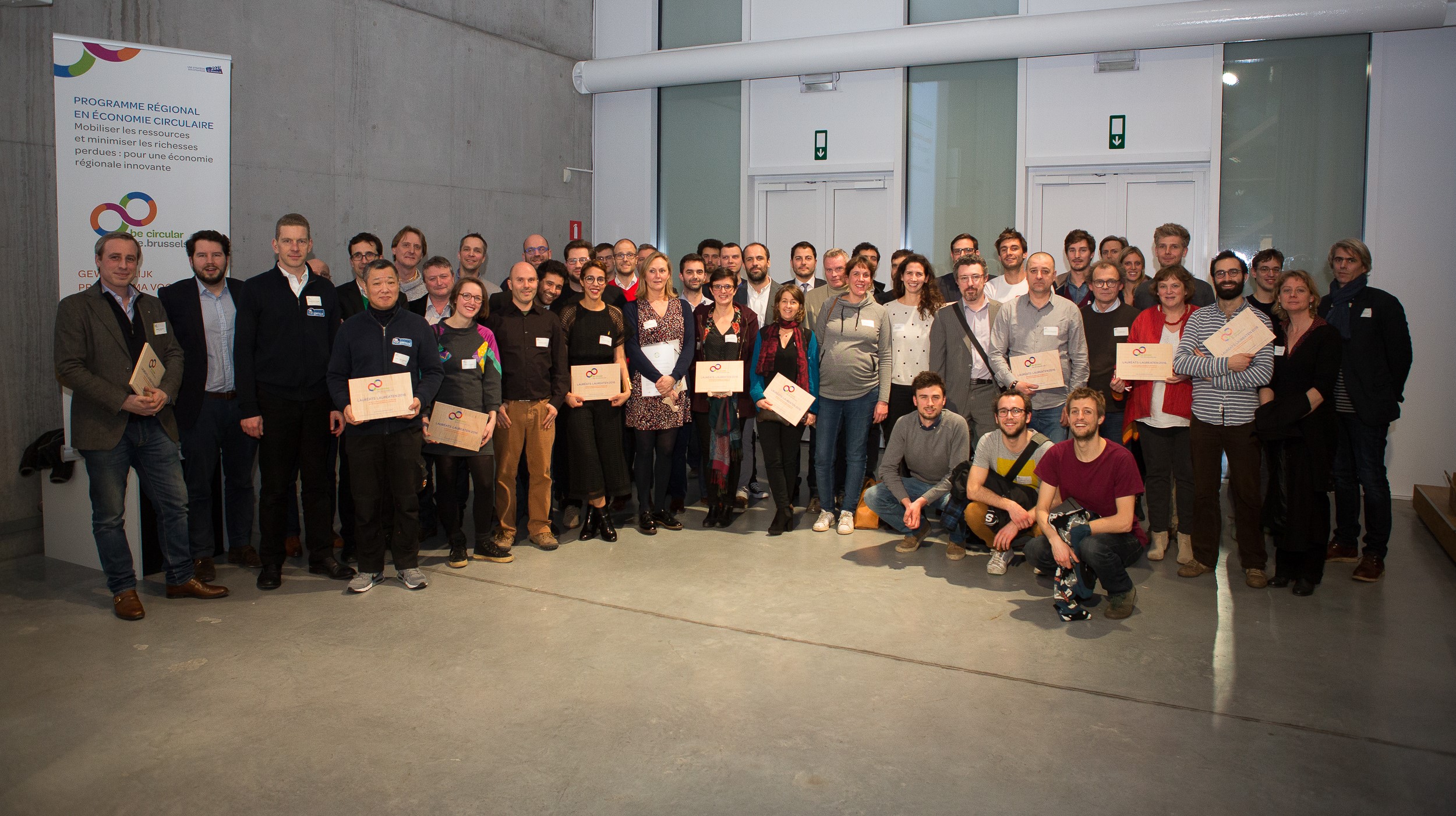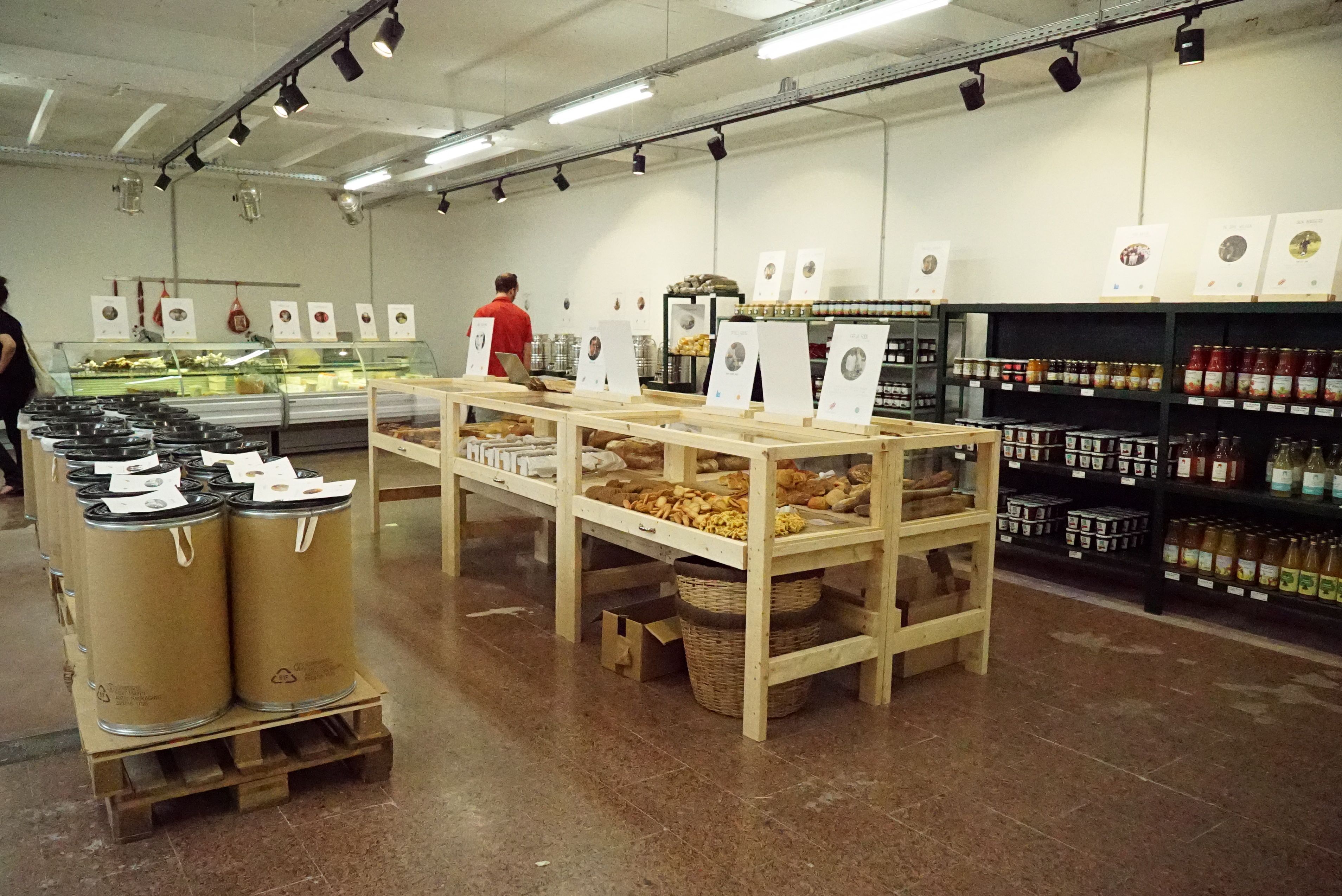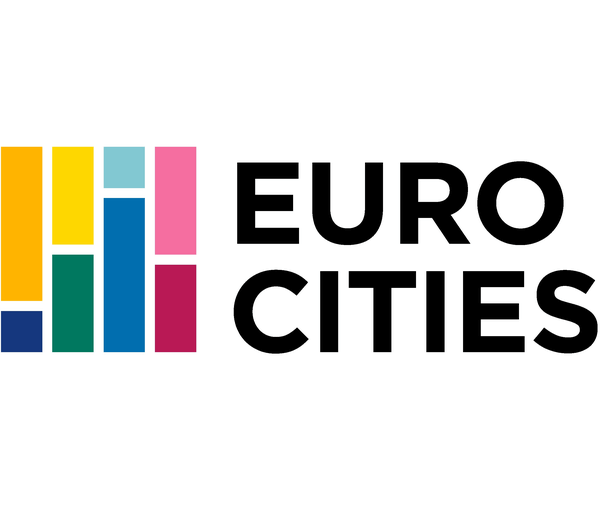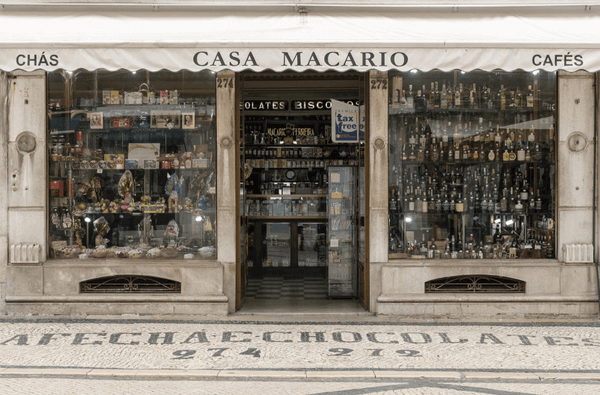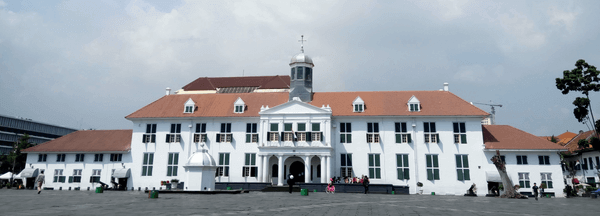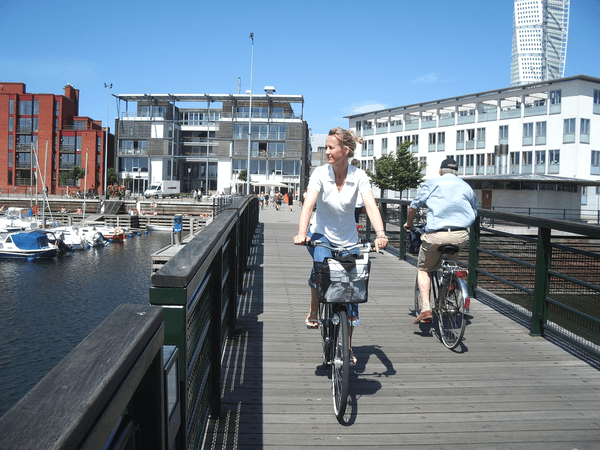City
Brussels Capital Region, Belgium
Size and population development
The population of Brussels Capital Region was recorded as 1,191,604 in 2017. By 2030, the total population is expected to reach 1,309,264 people, corresponding to an increase of approximately 10% over this period.
Population composition
65% (777,465 people) of the Brussels Capital Region are of Belgian nationality. Due to the high number of European institutions and businesses located in Brussels, a large proportion, 23%, of the population are from other EU countries. 12% are from countries other than Belgium and the EU. The average age of the population is 37, in comparison with the European average of 42. Based on the World Migration Report of 2015, after Dubai, Brussels is the city with the highest percentage of residents from foreign origin. About 6 in 10 Brussels residents were born outside Belgium.
Main functions
The Brussels-Capital Region was formed in June 1989 and is part of both the French and Flemish communities of Belgium. It has bilingual status and is one of the three federal regions of Belgium along with Flanders and Wallonia. The Brussels Capital Region is the administrative centre for many international organisations, including the European Union (EU) and the North Atlantic Treaty Organisation (NATO), the World Customs Organization and EUROCONTROL as well as a large number of international corporations.
Main industries / business
From 1995 to 2015, the Brussels Capital Region experienced economic growth of approximately 1.5% per year and accounts for nearly 9% of all exports from Belgium. Despite this, the unemployment rate in the Capital Region was recorded as 17% in 2017. The main industries operating in the Brussels Capital Region include electronics, chemicals, printing, publishing, clothing, telecommunications, aircraft construction, and the food industry. During the 2016-2022 period, the ‘other market services’ industry, including business services, is projected to make the largest contribution to economic growth in the Brussels Capital Region.
Sources for city budget
The National Government of Belgium and taxation revenue from the Brussels Capital Region.
Political structure
The Brussels Parliament is made up of 89 members, elected by universal suffrage every five years by Belgian adults registered in one of the communes of the Brussels-Capital Region. The regional deputies are split into two groups: 72 parliamentarians are elected from a list for French speakers and 17 from a list for Dutch speakers. The Parliament chooses the members of Government of the Brussels-Capital Region and the regional state secretaries from among the elected parliamentarians, who are then replaced by their substitutes on the electoral list. The Government of the Brussels-Capital Region is comprised of a Minister-President, 4 Ministers (2 French speakers and 2 Dutch speakers) and 3 Secretaries of State. The Government is elected every five years by the Brussels Parliament (the Council of the Brussels-Capital Region). The Parliament of the Brussels-Capital Region represents the legislative branch of government that prepares, debates and votes on the laws. The members of the Government are responsible for matters defined by the regional competences.
Administrative structure
The policy of the Regional Government is implemented in a number of areas, particularly in economic and territorial matters by the Brussels Regional Public Service and the regional bodies. The Brussels-Capital Region is the competent authority in: Urban development (plans, planning permission, urban renewal, real estate policy, protection of monuments and sites) and housing; Environment, water and nature conservation; Economy (economic expansion, foreign trade) and Employment policy; Transport; Public works; Energy policy; Local authorities and subsidiary authorities; External relations; Scientific research. The Brussels-Capital Region is composed of 19 communes, including the City of Brussels. The communes manage matters relating to the daily life of citizens and the communal territory. They play an essential role in urban governance and are responsible for a range of services in diverse areas including water, energy, waste management and telecommunications.
Website
http://be.brussels/
